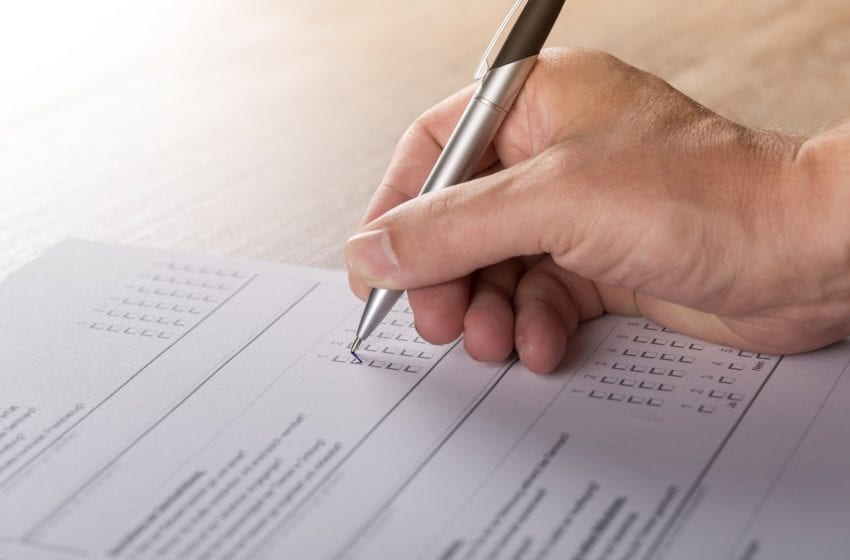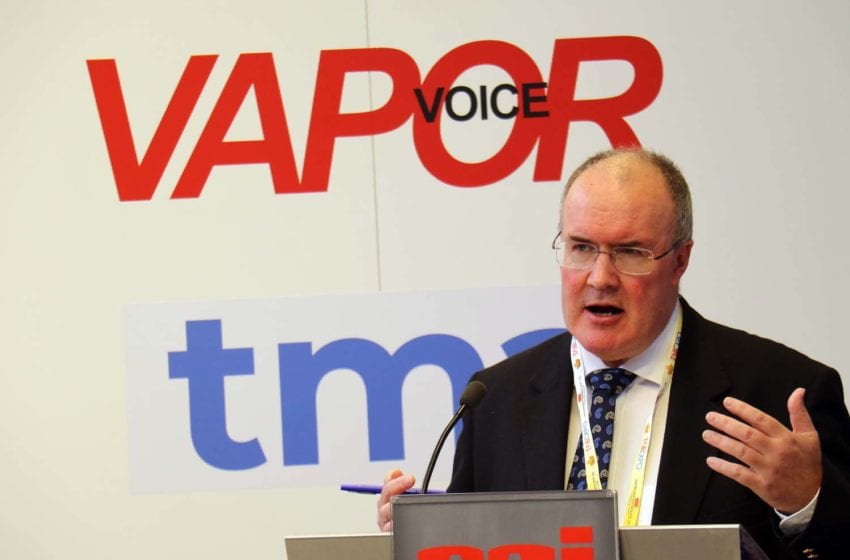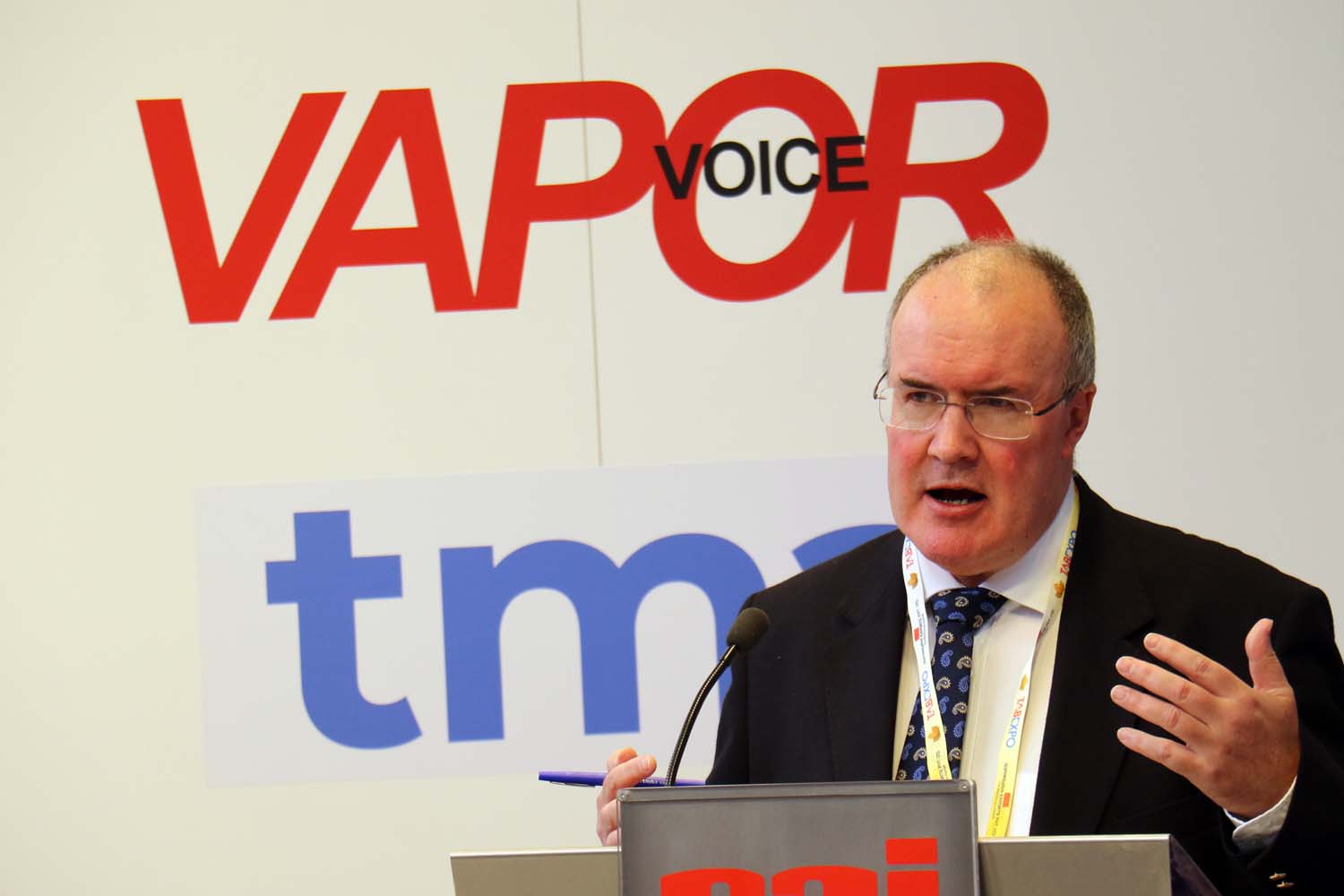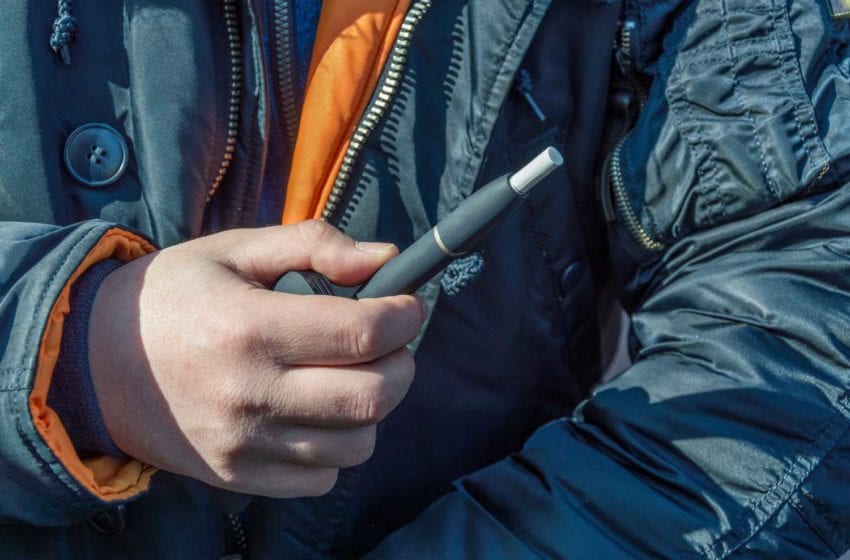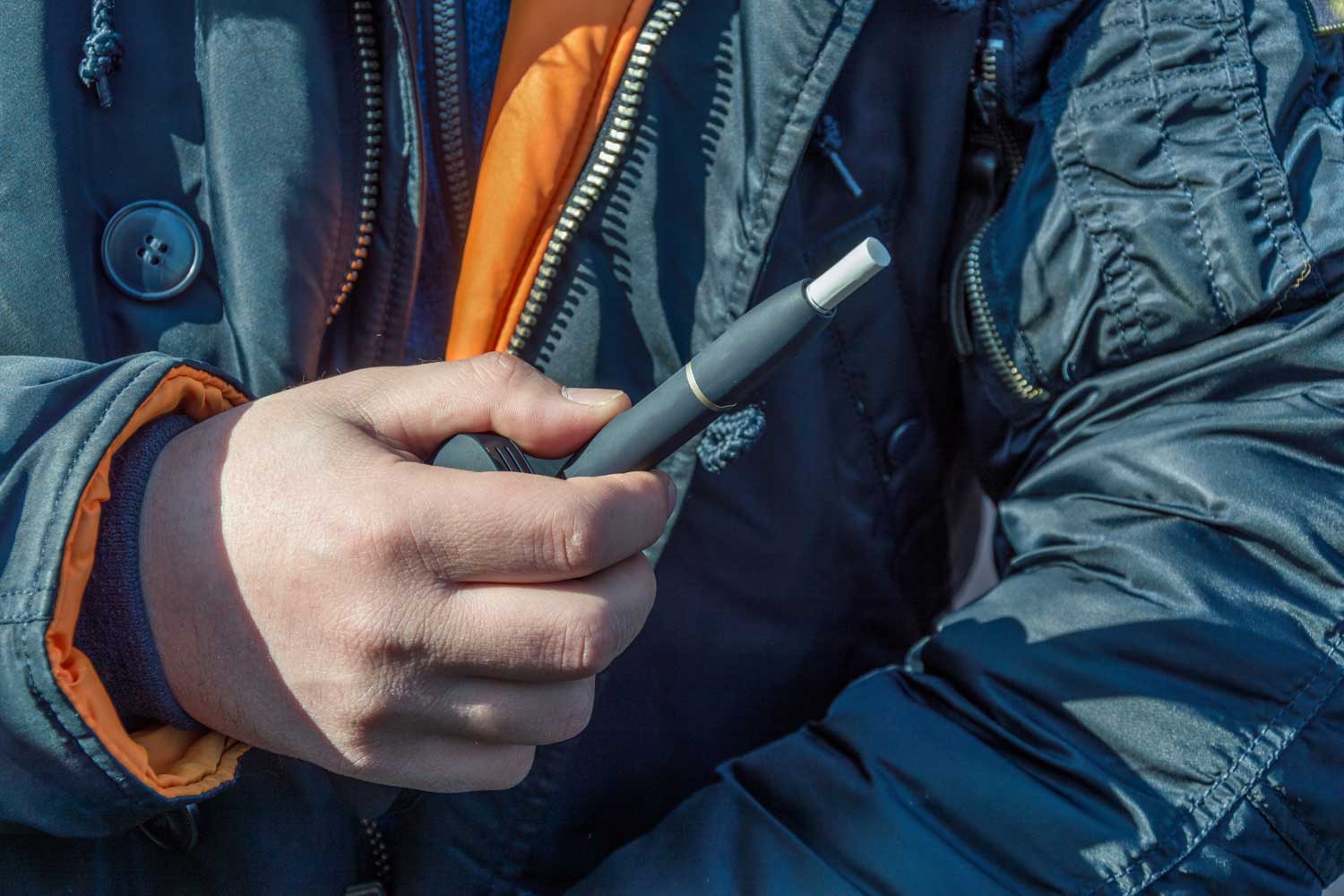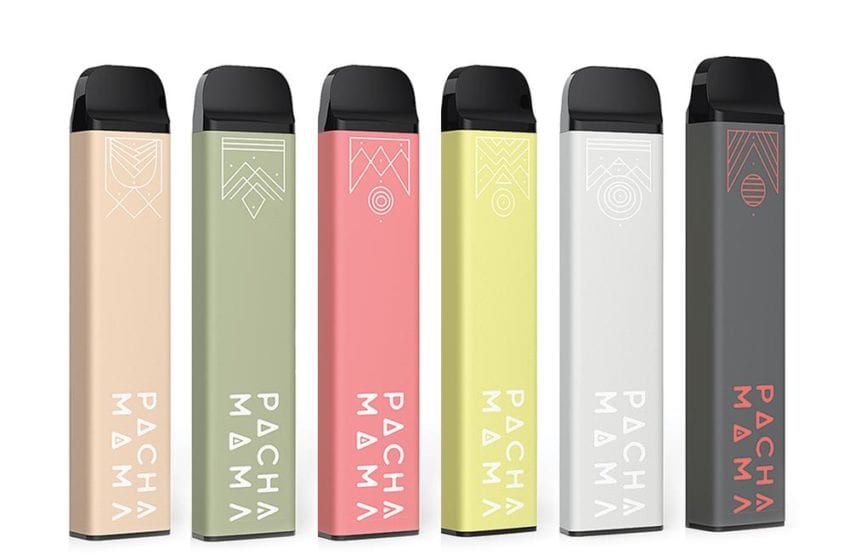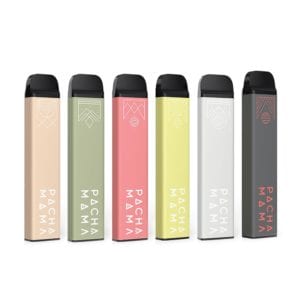
Today could be the last day businesses can mail vapor products to consumers through the United States Postal Service (USPS). However, nothing is official just yet. The mail ban was predicted by many in the industry to go into effect on April 27, 2021, but the final rule must still be published in the Federal Register. Currently, effective March 28th, 2021, recipients of all vaping product(s) purchased online are required, by law, to present ID and sign for their delivery.

On April 19, the USPS issued guidance for exemptions to the requirements for mailing all vapor products, including cannabis. This was in response to the U.S. Congress placing electronic nicotine-delivery systems (ENDS) under the stringent mailing requirements of the Prevent All Cigarette Trafficking (PACT) Act. That guidance only references that a rule could be published at any time and the ban on mailing vaping products to consumers would take effect immediately after the rule is published.
“A forthcoming final rule will determine whether electronic nicotine-delivery systems (ENDS) may continue to be mailed pursuant to certain statutory exceptions that are currently administered through an application process,” the guidance states. “Until the final rule is issued, ENDS are not subject to the PACT Act …”
Many businesses ended shipping to consumers on or before April 26, a day before the assumed effective date of the USPS rules. The comment period closed March 22 and the USPS stated that it had received “numerous comments” pertaining to its proposed ENDS mailing rules. An e-mail to USPS media relations did not receive a response by this writing.
The USPS is required to use a definition of ENDS so broadly that it can be interpreted to include and inhalable electronic delivery system for any product. These means restrictions also apply to ENDS products such as: “an e-cigarette; an e-hookah; an e-cigar; a vape pen; an advanced refillable personal vaporizer; an electronic pipe; and any component, liquid, part, or accessory of a device described [ENDS], without regard to whether the component, liquid, part, or accessory is sold separately from the device,” according to the law.
Violators are no longer dealing only with the U.S. Food and Drug Administration (FDA). The PACT Act requires companies to now register with the Bureau of Alcohol, Tobacco, Firearms and Explosives (ATF) as the enforcement agency for violating PACT Act requirements. Companies shipping vapor products must also file monthly reports with state tobacco tax administrators and retain federal, state and local compliance records that should be available upon request.
Unless changes are made, an exemption must be made for companies mailing cannabis vape products, such as CBD vape pens, as well as other potentially exempt mailings such as business-to-business mailings or research. Companies must create a list of all businesses that would receive mail and a list of detailed information on the business and products being shipped. The USPS also says it is unsure if normal PACT Act exemptions will apply to ENDS product. It will also not process any exemption requests until after the final rule is published.

“If any of the relevant exceptions are ultimately made available for [electronic nicotine delivery systems (ENDS)], then, given the highly decentralized nature of the ENDS industry relative to the industries historically covered by the PACT Act, the Postal Service anticipates receiving ENDS-related exception applications at a rate several orders of magnitude above the historic norm,” the guidance reads. “The Postal Service has not yet determined whether and to what extent those exceptions will be extended to ENDS. Early acceptance of applications would pose significant administrative challenges for the very Postal Service personnel who are developing the final rule amid substantial public comment under a tight timeframe.”
For hemp and CBD products with a THC concentration not exceeding 0.3 percent, the USPS states that mailers must retain, and prepare to make available upon request, “records establishing compliance with all applicable federal, state, and local laws pertaining to hemp production, processing, distribution, and sales, including the Agricultural Act of 2014 and the Agricultural Improvement Act of 2018.” These records may include laboratory test results, licenses, and compliance reports.
The repercussions of the USPS vapor mail ban on the vaping industry will not be realized for some time. While the PACT Act requirements have forced many businesses to close, the vapor industry is used to dealing with a great amount of uncertainty. It does not seem like that is going to change any time soon.




